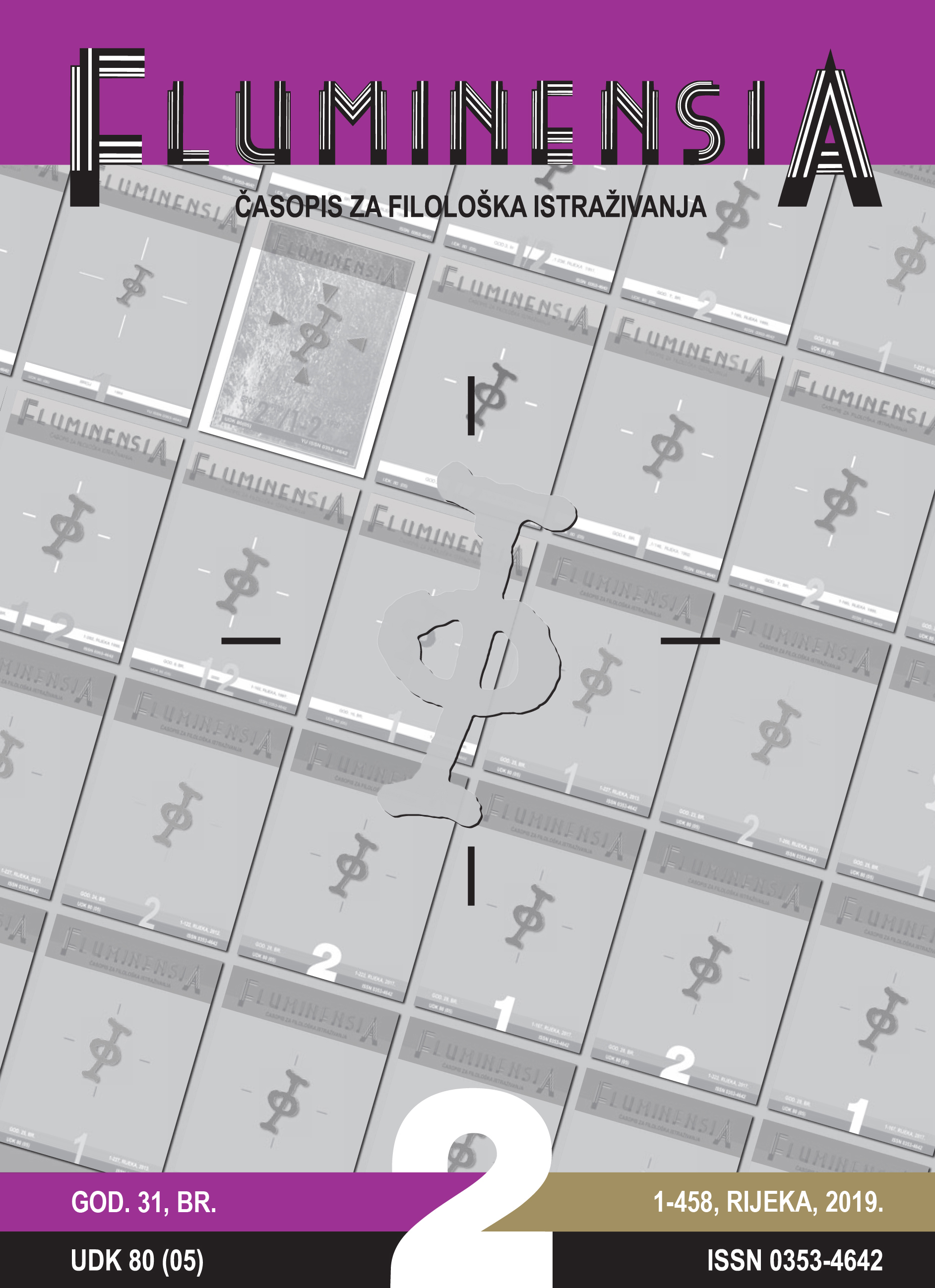The Role of Informal Activities in Incidental Language Acquisition: The Relationship Between Language Use and Proficiency
Keywords:
language use, language exposure, incidental language acquisition, EnglishAbstract
The English language is studied as a foreign language in Croatia, and, apart from being included in formal education, it is also present in everyday life. Daily exposure to English is measured in hours and research has shown that many informal activities allow for incidental language acquisition. This paper is aimed at identifying the activities in which the Croatian student population spends most of their time using English as well as at investigating whether a connection between exposure to English, its use and prior knowledge of language can be established. Ninety-three participants were included in the study, all students of the Faculty of Humanities and
Social Sciences at the University of Rijeka. The level of English knowledge was determined by administering the Oxford Placement Test. Three groups were formed based on the results obtained in the testing. Exposure to English and the students’ use of the language were tested by means of a questionnaire in which the participants were asked to approximate how much time they spent using English in the activities listed in the questionnaire. The results showed that the participants spent most of their time online and least in spoken communication. The differences between groups with the lowest and the highest levels of knowledge were found to be significant across all activities apart from reading for leisure, written, and spoken communication. On the one hand, this study has managed to corroborate the connection between language use and the level of language proficiency, and
on the other, it has indicated that the status of English is slowly changing on both the global and individual level.

